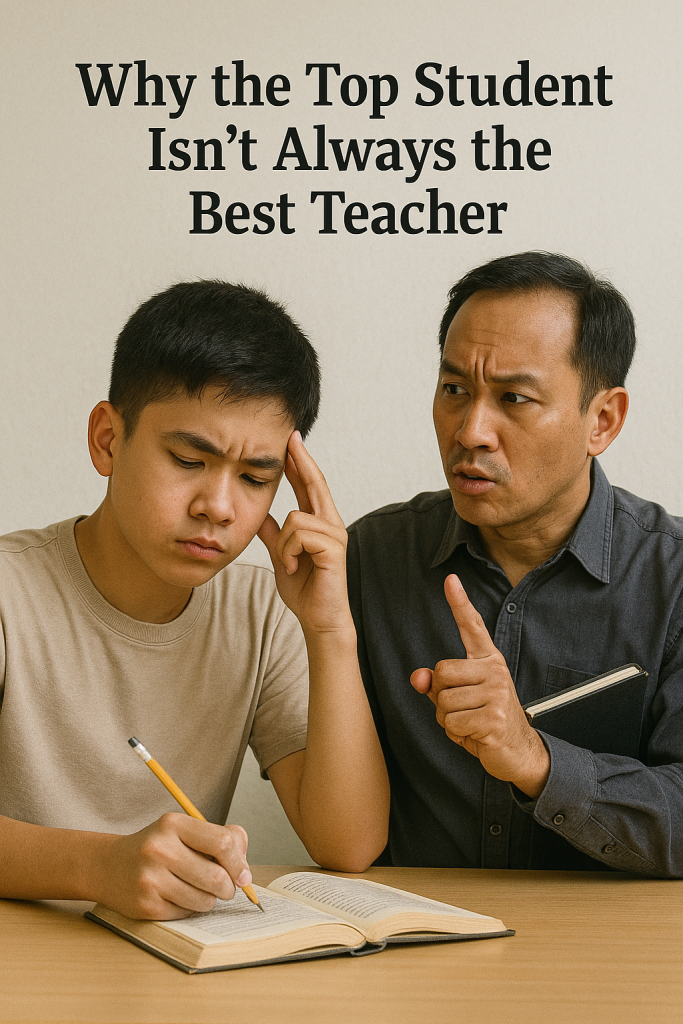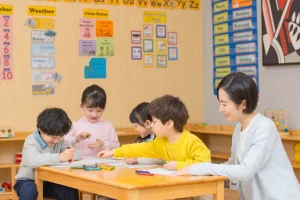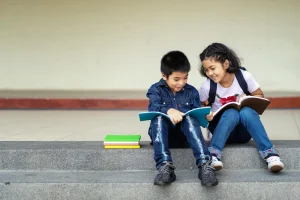It’s tempting to think that someone who excelled in school will naturally excel in teaching. After all, if they aced every exam, surely they know how to help others do the same, right?
Not necessarily. In fact, the skills that make someone a “top student” often have little overlap with the skills required to be an effective teacher.
1. Top students may not understand struggle
Great teaching starts with empathy. It’s about connecting with students who are confused, unmotivated, or struggling to grasp concepts. But a top student who found learning easy may never have experienced that kind of struggle. They might find it hard to break concepts down or to see why someone else doesn’t “get it”. As a result, their explanations often lack the scaffolding slower learners need.
Example: A math prodigy who intuitively grasps algebra might skip the step-by-step reasoning that a weaker student desperately needs. They can solve the problem but can’t explain why their method works in a way others can follow.
2. Teaching requires communication, not just knowledge
Knowing a subject deeply is not the same as communicating it clearly. Many top students have spent years mastering content but have never needed to simplify it for someone else. Teaching demands:
-
The ability to anticipate misunderstandings
-
The patience to repeat concepts in different ways
-
The skill to read students’ body language and adjust on the fly
A student who excelled by memorising and performing may not have developed these abilities.
3. Great teachers know how to motivate, not just instruct
Teaching isn’t just about transferring knowledge. It’s about inspiring students to care enough to learn. Top students are often self-motivated, they didn’t need external encouragement. But most students aren’t like that. A teacher who can’t connect emotionally or build confidence will lose their class, no matter how smart they are.
4. Humility and adaptability matter more than mastery
A high-achiever may struggle to admit when they don’t know something or to adapt their teaching when a method isn’t working. They might assume there’s only one “right” way to learn because it worked for them. Great teachers, on the other hand, are learners first. They constantly test, tweak, and evolve their approach to meet students where they are.
This video showcases Teacher Daniel talking about this topic.
So who makes a great teacher?
Often, it’s someone who:
✅ Knows what it’s like to struggle and overcome
✅ Communicates with clarity and patience
✅ Inspires students with encouragement, not intimidation
✅ Adapts methods to suit different learning styles
They don’t have to be the top scorer. They just need to understand people.
When hiring or choosing a teacher, don’t get blinded by credentials or grades. Ask: Can this person teach in a way others understand? Do they have the patience, empathy, and adaptability to help all students, not just the naturally gifted ones?
In the end, a teacher’s true measure isn’t what they know, but what their students learn.












